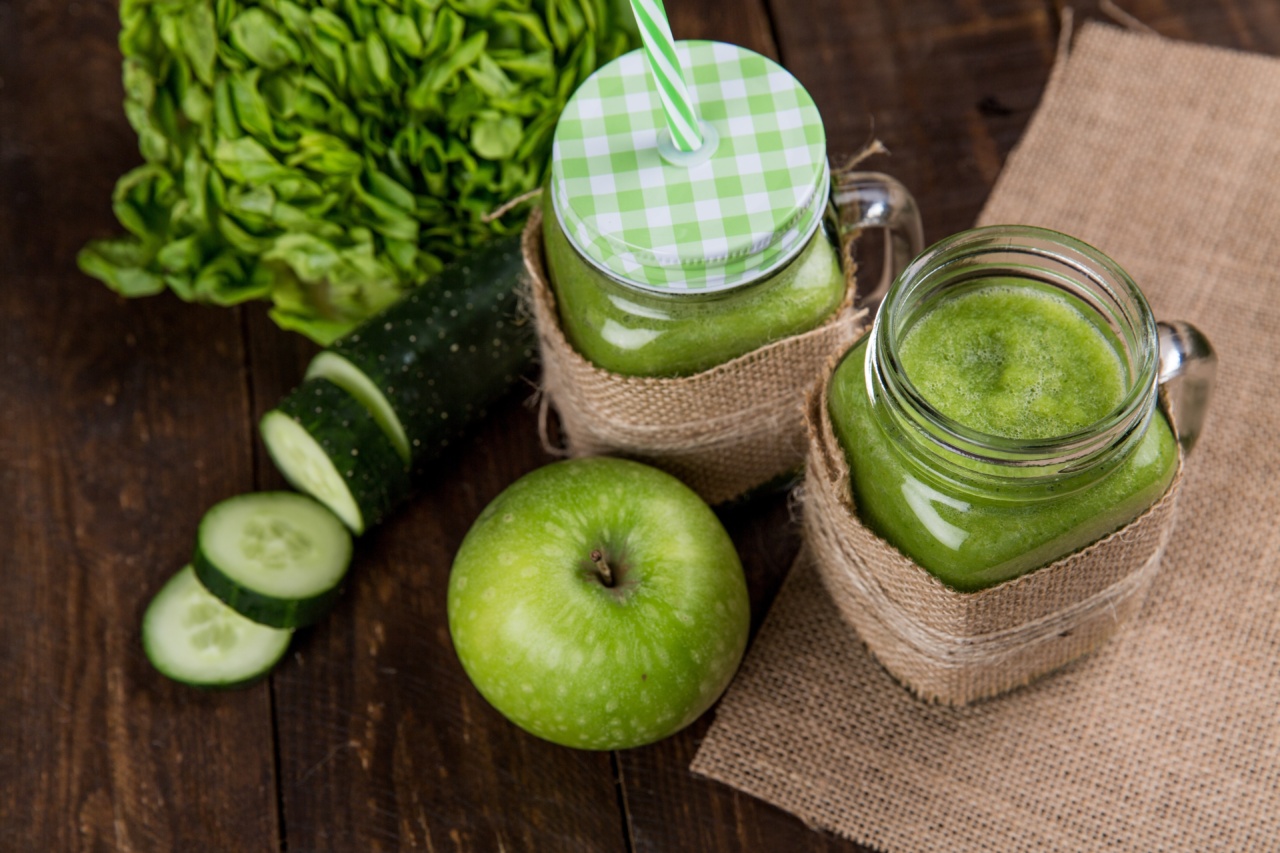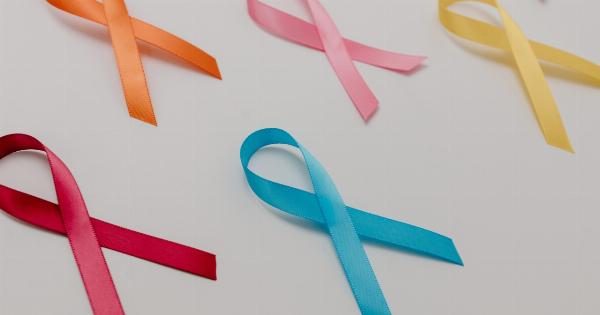The liver, kidneys, and bladder play crucial roles in the body’s detoxification process. These organs help filter and eliminate toxins, waste products, and excess substances from the bloodstream, ensuring overall wellness.
However, due to the constant exposure to environmental pollutants, processed foods, and other harmful elements, these organs can become overburdened and less efficient at performing their detoxification functions.
Signs That Your Liver, Kidneys, or Bladder Might Need Detoxification
Our bodies often provide us with warning signs when our detoxification organs are not functioning optimally. Some common signs that your liver, kidneys, or bladder might require detoxification include:.
- Chronic fatigue
- Unexplained weight gain or difficulty losing weight
- Frequent urination or urinary tract infections
- Dark circles under the eyes
- Acne or skin rashes
- Digestive issues such as bloating or constipation
- Persistent headaches
- Joint pain or muscle aches
- Difficulty concentrating or brain fog
- Mood swings or irritability
Natural Ways to Detoxify Your Liver, Kidneys, and Bladder
Fortunately, there are several natural approaches you can take to detoxify your liver, kidneys, and bladder:.
1. Hydration is Key
Staying hydrated is essential for proper kidney and bladder function. Drink an adequate amount of water throughout the day to support optimal detoxification.
2. Incorporate Liver-Friendly Foods Into Your Diet
Include foods that support liver health, such as leafy greens, cruciferous vegetables (broccoli, cauliflower), turmeric, garlic, and beets. These foods contain antioxidants and nutrients that aid in liver detoxification processes.
3. Reduce Alcohol Consumption
Excessive alcohol consumption can damage the liver and hinder its detoxifying abilities. Limit your alcohol intake or consider taking breaks from drinking to support liver health.
4. Support Kidney Function with Herbal Teas
Drinking herbal teas like dandelion root, nettle leaf, and parsley can help support kidney function and promote natural detoxification.
5. Increase Fiber Intake
A diet high in fiber supports healthy digestion and helps eliminate toxins through the bowels. Include plenty of fruits, vegetables, whole grains, and legumes in your meals.
6. Practice Regular Exercise
Engaging in physical activity regularly promotes blood circulation and supports the lymphatic system, aiding in the detoxification of various organs.
7. Stay Away from Processed Foods and Sugar
Processed foods and excessive sugar intake can burden the liver and contribute to toxin accumulation. Opt for whole, unprocessed foods and reduce your sugar consumption to ease the workload on your liver.
8. Try Natural Detoxifying Supplements
Herbal supplements such as milk thistle, dandelion root extract, and turmeric can help support liver health and enhance detoxification processes.
9. Practice Stress Management
Chronic stress can impair the functioning of your detoxification organs. Incorporate stress-reduction techniques like meditation, yoga, or deep breathing exercises into your daily routine.
10. Get Sufficient Sleep
During sleep, your body undergoes important detoxification and renewal processes. Aim for 7-8 hours of quality sleep each night to support overall organ health.
Conclusion
Ensuring the health and proper function of your liver, kidneys, and bladder is essential for overall well-being.
By incorporating natural detoxification methods into your lifestyle, along with maintaining a healthy diet and stress-reducing practices, you can support the optimal functioning of these vital organs, leading to improved health and vitality.































